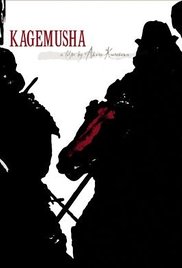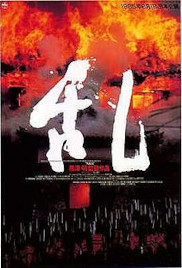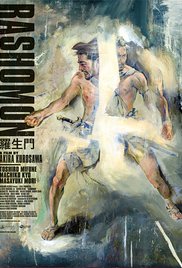Akira Kurosawa
Kagemusha
(1980)
Masato Ide, Akira Kurosawa
Nominated for 2 Oscars. Another 20 wins & 3 nominations.
When a powerful warlord in medieval Japan dies, a poor thief recruited to impersonate him finds difficulty living up to his role and clashes with the spirit of the warlord during turbulent times in the kingdom.
Ran
(1985)
Akira Kurosawa, Hideo Oguni, Masato Ide
Won 1 Oscar. 30 wins & 23 nominations total
Japanese warlord Hidetori Ichimonji decides the time has come to retire and divide his fiefdom among his three sons. His eldest and middle sons - Taro and Jiro - agree with his decision and promise to support him for his remaining days. The youngest son Saburo disagrees with all of them arguing that there is little likelihood the three brothers will remain united. Insulted by his son's brashness, the warlord banishes Saburo. As the warlord begins his retirement, he quickly realizes that his two eldest sons selfish and have no intention of keeping their promises. It leads to war and only banished Saburo can possibly save him.
Rashomon
(1950)
Ryûnosuke Akutagawa (stories), Akira Kurosawa (screenplay), Shinobu Hashimoto (screenplay)
Nominated for 1 Oscar. Another 9 wins & 3 nominations.
A priest, a woodcutter and another man are taking refuge from a rainstorm in the shell of a former gatehouse called Rashômon. The priest and the woodcutter are recounting the story of a murdered samurai whose body the woodcutter discovered three days earlier in a forest grove. Both were summoned to testify at the murder trial, the priest who ran into the samurai and his wife traveling through the forest just before the murder occurred. Three other people who testified at the trial are supposedly the only direct witnesses: a notorious bandit named Tajômaru, who allegedly murdered the samurai and raped his wife; the white veil cloaked wife of the samurai; and the samurai himself who testifies through the use of a medium. The three tell a similarly structured story - that Tajômaru kidnapped and bound the samurai so that he could rape the wife - but which ultimately contradict each other, the motivations and the actual killing being what differ. The woodcutter reveals at Rashômon that he knows more than he let on at the trial, thus bringing into question his own actions. But another discovery at Rashômon and the resulting actions from the discovery bring back into focus the woodcutter's own humanity or lack thereof.




